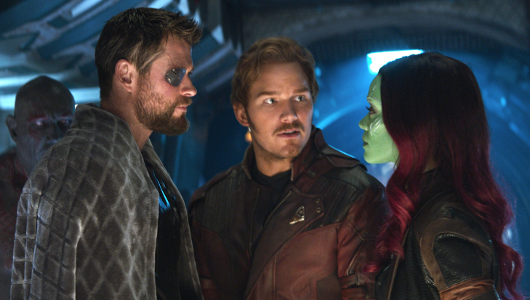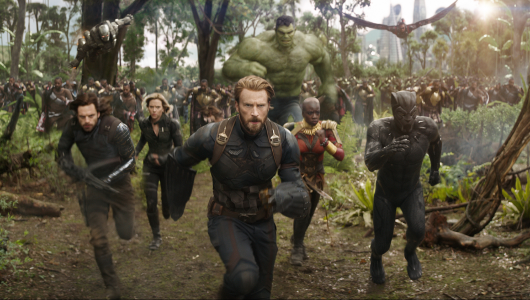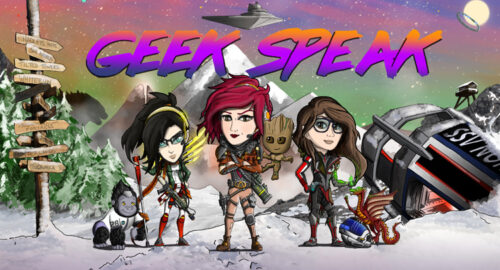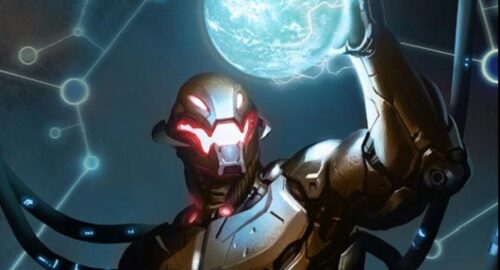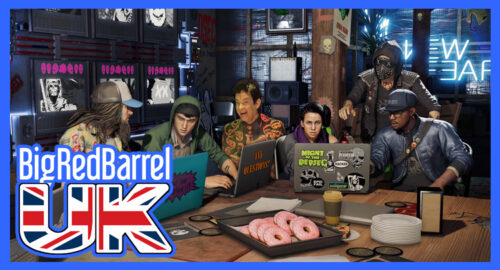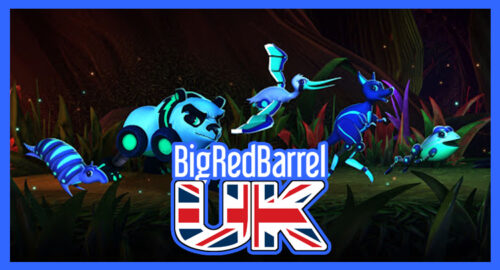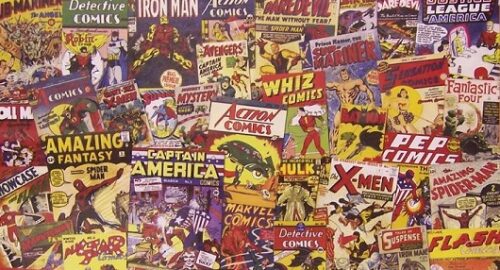[SPOILER WARNING: Some plot elements, including second act events, are discussed in this review.]
After a decade of cinematic history, eighteen movies and a merger with none other than Disney, the Russo brothers and Marvel do the near impossible and in just under three hours bring the culmination of ten years of story together in an epic tour de force unlike any other.
Marvel Studios’ Avengers: Infinity War sees the beginning of the end for the cinematic universe, possibly, in more ways than one. Not quite a perfect movie, it stands alone alongside similar penultimate mega-blockbusters in such franchises as The Matrix, Lord of The Rings and Harry Potter.
• Director: Anthony Russo, Joe Russo
• Exhibition: 2D
• Rating: M (Mature )
• Run Time: 149 mins

Buckling under the weight of the sheer number of actors and its own ambition, Infinity War is unique in that it aims for the stars and almost succeeds but falters under the thick layer of CGI, truncated storytelling and mixed pacing – obstinately charging forward but refusing to look back; meaning the sum total of the 2 hours 40 minutes of run time is not nearly long enough and lacking in any sort of reflection of the past 10 years.
Marvel refuses to rest on its laurels with planned films until 2028 so in the scheme of things, Infinity War is only as good as the next movie, next year, and not quite as good as some of the previous ones.
It’s no spoiler that for a movie titled Avengers, Marvel has been very open that this movie would eschew that in favour of a more personal tale of the Mad Titan Thanos (Josh Brolin). Teased over the past decade as a driving force behind many of the movies, Thanos has a single-minded goal to reset reality by removing half of it, for the greater good, using the titular Infinity Gauntlet powered by six infinity gemstones forged at the dawn of the universe – two of which are on Earth.
With this in mind, the movie becomes a tale of two halves. The first half is set in space where we have the narrative of Thanos, his quest for the stones and his relationship with his two adopted daughters Gamora (Zoe Saldana) and Nebula (Karen Gillen). Juxtaposed against this is the tale of Scarlett Witch (Elizabeth Olsen) and Vision (Paul Bettany) back on Earth; a veritable Romeo and Juliet and through it all, everyone else either vying for screen time or generally just getting in the way.
Thematically, the Shakespearean motifs are not lost on the audience and such is Brolin’s inflection of Thanos that the Russo Brothers would want him to rise to that level. Yet the sheer need to include everyone, the balancing of jokes and banter, action and introductions overshadow what is essentially very moving moments of cinema between a CGI self-proclaimed antihero and his daughter.
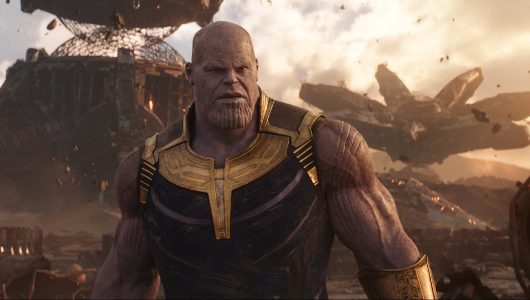
It’s interesting that two other movies in 2017 were tonally competing for the same core relationship such was Logan and War of The Planet of the Apes and this idea of pitching an older antihero with a younger female child actor continues to be unique. The singular and narrow focus on one or two characters in those films is lost here though and Infinity War doesn’t quite reach the opus level it is striving for.
If all this doesn’t sound like your typical Avengers or Age of Ultron, it’s because Infinity War probably has more in common with the uncomfortable balancing act of Civil War: This is clearly still an Avengers divided and despite the marketing hype, no, not all the characters or Avengers from the last 10 years even turn up. Those that do though are smartly and swiftly split by the directors and producers into groupings in various locations without actually crossing over or even meeting each other.
Tony Stark (Robert Downey Jr.) and Thor (Chris Hemsworth) continue to take their share of the limelight, bested only by Dr Strange (Benedict Cumberbatch) and Star Lord (Chris Pratt). In fact, over and above Iron Man, despite Robert Downey Jr. wanting to be in every scene, it is Pratt that arguably has the biggest stakes in the film and the most to lose, and surprisingly versus Stark’s quick wit and Strange’s cool demeanor, Star Lord is refreshingly straight up rude, swearing and violent. The Russo brothers continue to play keep-away between Iron Man and Captain America (Chris Evans) and the token offering by Evans and Black Widow (Scarlet Johannson) are almost not worth watching.
Worse still is the criminally underwhelming lack of character development or any sort of action on the side of the Hulk (Mark Ruffalo) and Groot (Vin Diesel) who are bizarrely all but sidelined and neutered in the face of overwhelming odds, never rising to the occasion. Ruffalo in particular as Bruce Banner to the more pop culture friendly Hulk has been sorely underdeveloped since he took over the role in 2012 and what was established well enough in the first Avengers movie, has declined to the point of irrelevance.
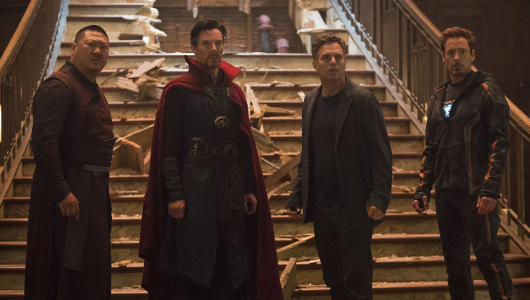
This leads into one of the genuine issues with the film as a whole which is the pacing and assumptions the film makes. There are moments of genuine humour peppered throughout the movie and almost everyone gets their one or two lines as they riff off each other’s introductions, comparisons, jokes or innuendo. Hemsworth as Thor specifically continues the great work established in Ragnarok that seemingly rebooted his character and mirrored against the more sardonic Guardians, it is a highlight of the movie.
Yet, just as in Ragnarok, the middle act of Infinity War is highjacked by Thor on a seemly contrived side quest that really has little to do with the movie except to give Thor something to do. This is compounded by the introduction of new characters (and cameos) and even more new locations that are discovered and explored almost as quickly as our heroes depart them. The locations on Earth ground the more outlandish areas of the film, book-ending the saga nicely, but for anyone that has struggled with Marvel cinemas portrayal of ‘space’, planets and the technicolor cartoon Guardians of the Galaxy movies (Ego the living Planet, I’m looking at you) the inclusion of suddenly revealed cameos for the sake of it is almost too much.
If you consider that Infinity War exists moments after Thor: Ragnarok but four years after Guardians of the Galaxy Vol. 2, which were both released within months of each other in 2017, then the plot starts to fall apart as big questions are raised. As directors, the Russos’ have their work cut out referencing a decade of film all the way back to the first Captain America movie and try their hardest to link it all together; yet go out of their way to ignore and even retcon blatantly all the changes that Thor: Ragnarok set up for its characters, as if it never existed. Which is ironic given that in the comics, Thanos’ motivations stem not from his daughter but his love and infatuation with Hela, the Goddess of Death…
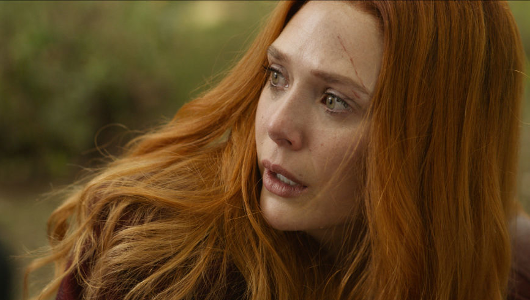
This may be the first Marvel and Avengers movie, where overthinking it is a bad thing because, without all the time for context, reflection or even conversation too many thoughts can unravel what is visually and theatrically a stunning movie to watch. A cursory glance on the internet will see words like ‘exhausting’ ‘epic’ & ‘exhilarating’ but these can be tempered with moments that are overly long, or assumed in lieu of actual writing. Infinity War is also the first movie where it pays to know as much lore and backstory as possible before viewing, which can be frustrating for casual viewers and patronising for those already in the know.
Visually though, Infinity War defies expectation for the realisation of Thanos on screen. Even more so than last year’s DC offering with their ensemble movie and CGI big bad Steppenwolf, Thanos is amazingly emotive with close up shots revealing micro details such as tears or hairs on his head and arms.
There is never a moment where Josh Brolin breaks character, or it doesn’t look like Thanos is wholly acting with others on screen and the same goes for his ‘children’ of the Black Order: Corvus Glaive, Proxima Midnight, Cull Obsidian and Ebony Maw who are equally well realised (with some of the most badass names ever conceived) if not somewhat more rubbery and generic in their stereotypes. Glaive (Michael Shaw) specifically rises above typical henchmen to provide some wonderful toe to toe moments early on, proving as big a threat if not more cunning and convincing than even Thanos himself.
The producers and directors do a serviceable job of capturing the action but perhaps, after so many similar movies this is business as usual and taken for granted, lacking some of the more standout tracking shots, or slow-motion action scenes that defined the first and second Avengers movies.
The much touted ‘war’ is largely shot from above with a flyover and arguably the largest number of characters on screen since the last Lord of the Rings, but then the movie cuts to close-ups and the enemy are so generic they get lost in the mix of explosions, grapples gun fire and spears, with only the obligatory female group shots, of Marvel’s leading ladies fighting on the foothills of Wakanda together, standing out.
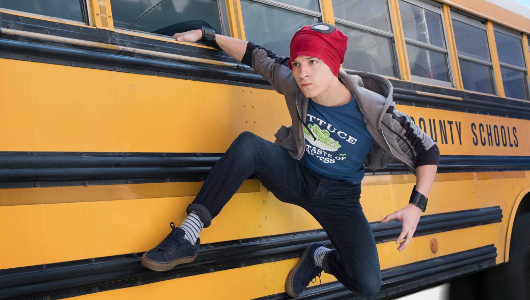
At the end of all things, Avengers: Infinity War needs to be measured in the knowledge that the 4th Avengers movie is coming out in exactly one year with the hype train leaving the station almost as soon as this one ends. Furthermore, with Ant-Man and the Wasp in July and Captain Marvel next March, it would seem that the Russo brothers are setting up for the proper finale (next generation) and farewell in those movies.
Infinity War is an impossible movie, that lacks any real threat in the knowledge of more sequels but within a single movie is not afraid to show significant death, reversal of cannon and an unwavering and indomitable antagonist in Thanos that succeeds in showing up the arrogance and hubris that pervades mankind and most of our war-torn heroes.
The hope is for a more emotive, reflective and personal movie next time that takes time to breathe and reflect on over a decade of quality film-making. Phase Four of Marvel’s cinematic universe is just around the corner and she’s going to be marvel-ous!
